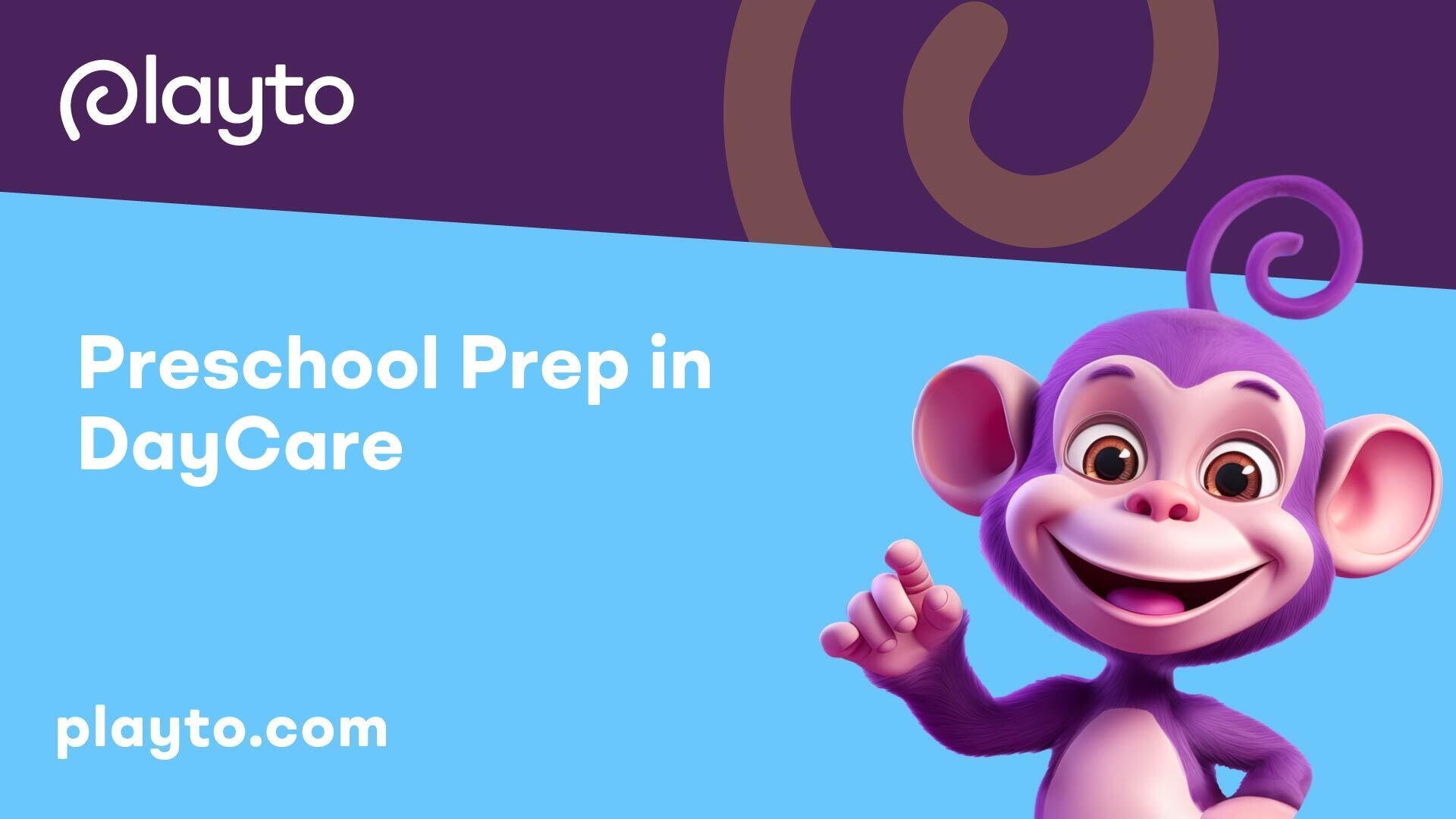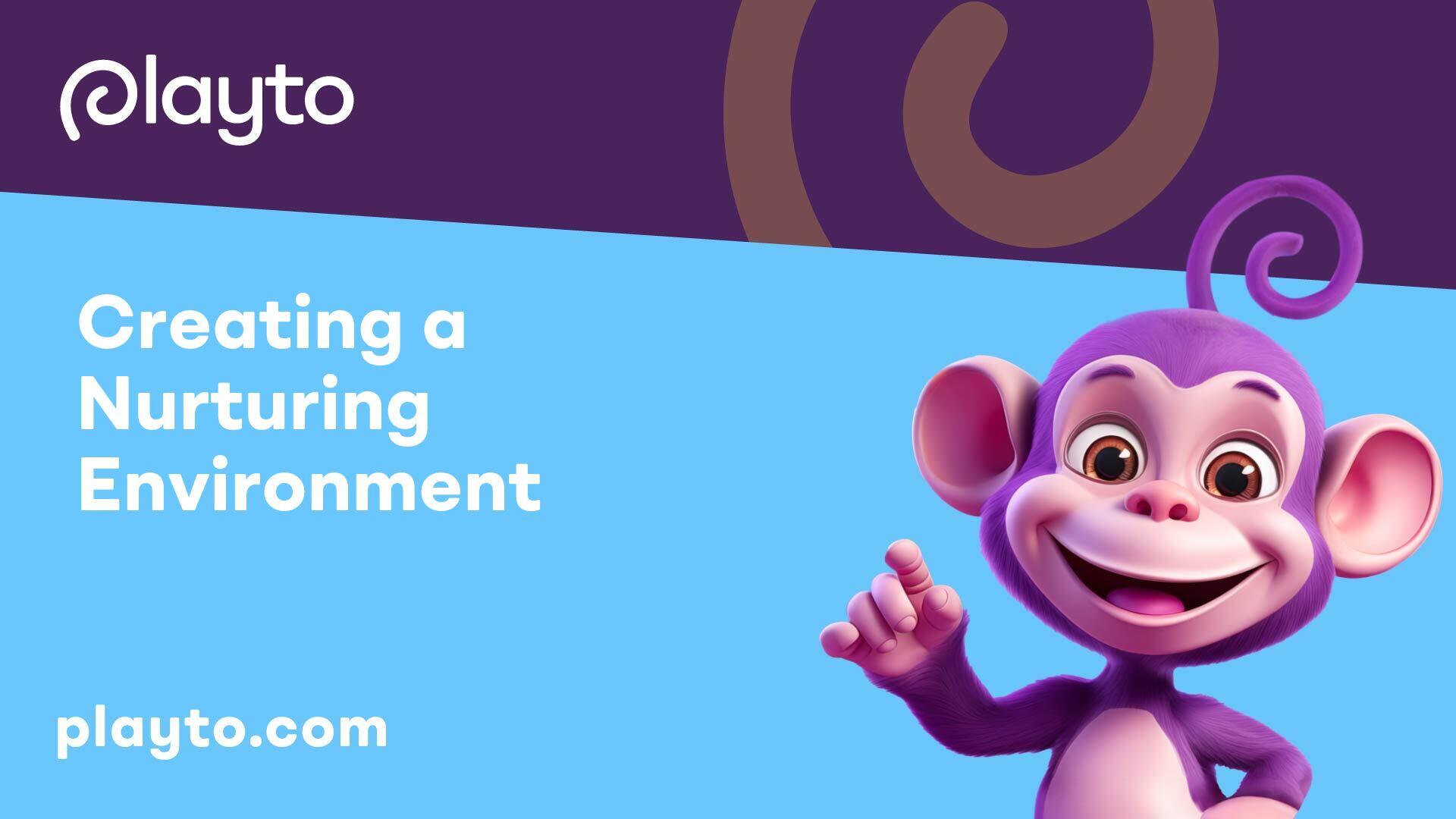
Creating a Nurturing Environment
Creating a nurturing environment in a daycare setting is essential for the holistic development of children. Daycares play a significant role in preschool prep, focusing on social-emotional skills, learning through play, fostering self-confidence, and laying an academic foundation for children of all age groups.
Stimulating Child Development
Daycare environments are designed to stimulate child development by providing opportunities for exploration and discovery in a safe and supportive setting. Children engage in activities that promote cognitive, social, and emotional growth, setting the stage for future academic success. According to Bright Horizons, these activities help children develop essential skills such as problem-solving, communication, and critical thinking.
By incorporating playful learning experiences into the daily routine, children can enhance their creativity, curiosity, and cognitive abilities. Such experiences foster a love for learning and set a solid foundation for future educational endeavors.
Fostering Independence
Encouraging independence is a key focus in daycare settings, as it promotes self-esteem, autonomy, and a sense of accomplishment in children. Early childhood educators play a crucial role in helping children become independent learners by creating stimulating environments that foster exploration and discovery. According to Sunrise Children's Foundation, educators promote creative problem-solving skills and motivation for learning.
In daycare, children are empowered to engage in age-appropriate activities, make choices, and develop self-help skills. This empowerment fosters a sense of autonomy and self-esteem, laying the foundation for positive self-image that can benefit children throughout their lives.
By creating a nurturing environment that encourages independence and stimulates child development, daycares play a vital role in preparing children for future educational experiences and fostering their overall well-being. Ensuring that children feel supported, valued, and empowered in their daycare environment sets the stage for a lifetime of learning and growth.
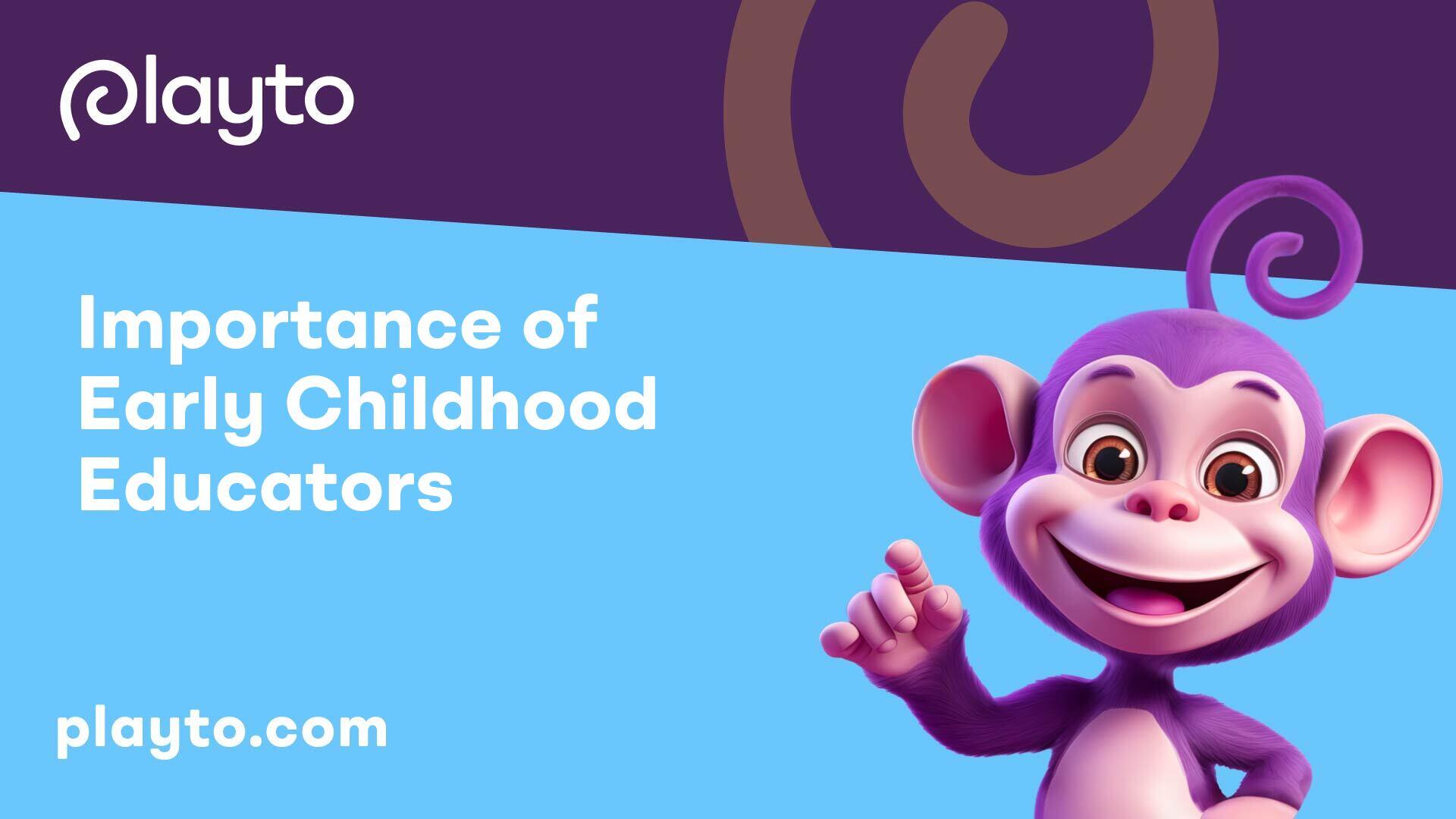
Importance of Early Childhood Educators
Early childhood educators play a vital role in the development and growth of children in daycare settings. Their impact extends beyond the classroom, helping shape both individual children and the communities they serve.
Role in Child Development
Early childhood educators are instrumental in creating nurturing environments that stimulate child development Sunrise Children's Foundation. By fostering exploration, discovery, and creativity, educators empower children to become independent, lifelong learners. They play a key role in promoting independence, creative problem-solving skills, and motivation for learning.
These educators are not just teachers but also mentors, guiding children through critical stages of development. Through their interactions and tailored interventions, educators can support children in reaching developmental milestones, building essential skills and fostering a love for learning that can last a lifetime.
Shaping Communities
Beyond their immediate impact on individual children, early childhood educators also play a significant role in shaping communities. By providing quality early childhood education, these educators contribute to the overall well-being and development of the society they serve.
Through their work, educators help lay the foundation for future generations, instilling values, knowledge, and skills that can positively impact the community at large. By nurturing young minds and fostering a love for learning, educators contribute to the social and intellectual capital of the community.
The dedication and commitment of early childhood educators go beyond the classroom. They serve as advocates for children's rights, champions of quality education, and pillars of support for families. By valuing and investing in early childhood educators, communities can ensure a brighter future for their children and create a more inclusive and nurturing environment for all.
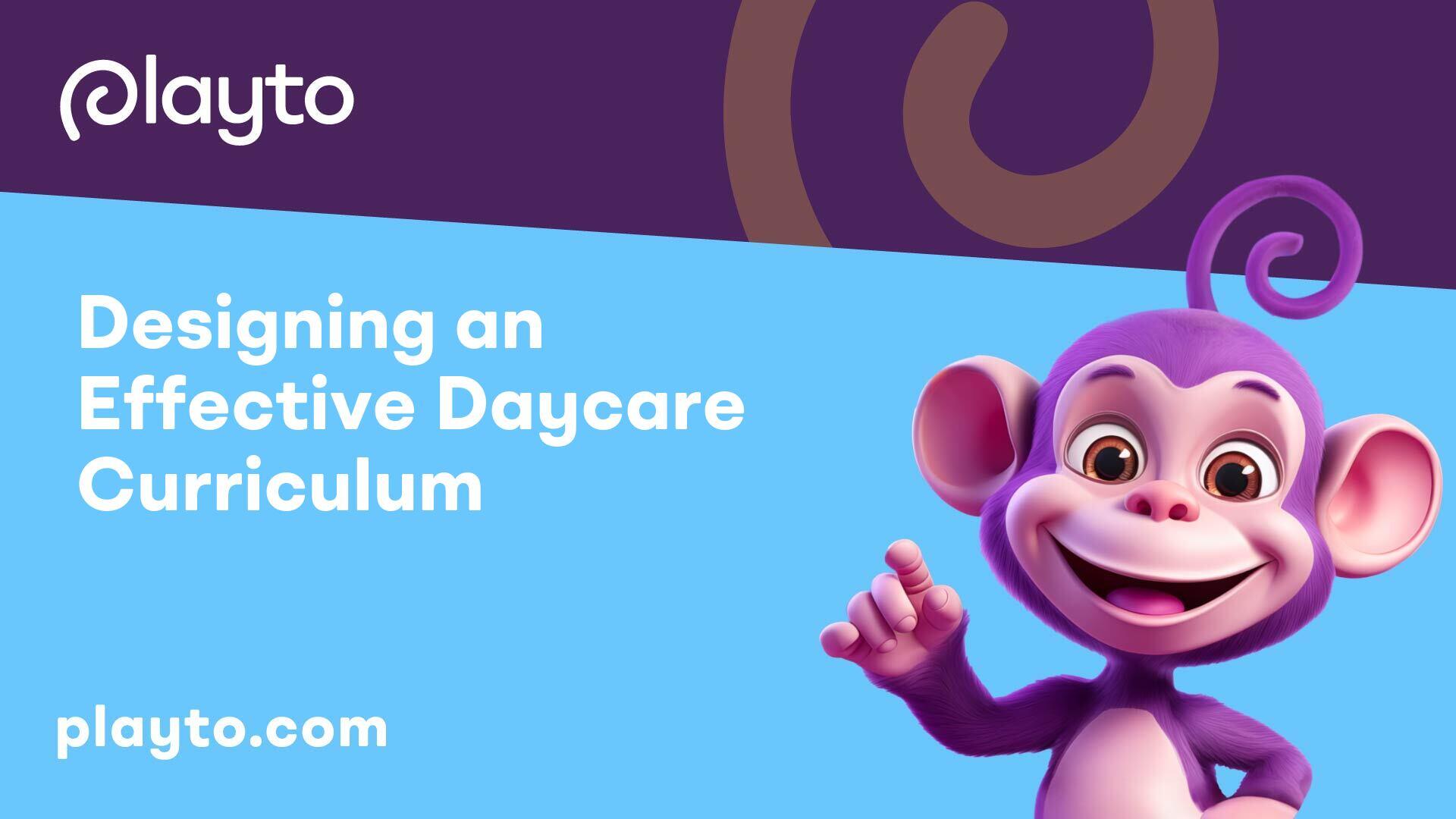
Designing an Effective Daycare Curriculum
In the realm of preschool preparation in daycare, the design of a well-structured curriculum plays a pivotal role in enhancing early childhood education. Crafting an effective daycare curriculum involves professional curriculum development and the incorporation of state standards to ensure a comprehensive and standardized approach to early learning.
Professional Curriculum Development
Investing in a professionally developed curriculum tailored for early childhood education offers numerous advantages. Such a curriculum, designed by experts in the field, can significantly reduce preparation time for daycare staff, provide access to ready-made materials and training resources, and guarantee a high-quality educational experience for young learners.
This type of curriculum aligns closely with developmental milestones and caters to the diverse learning styles of children, offering distinct benefits over creating a curriculum from scratch. By leveraging a professionally crafted curriculum, daycare centers can enhance the educational experience for children and streamline the teaching process. To learn more about effective curriculum development, visit Procare Software.
Incorporating State Standards
When designing a daycare curriculum, it is essential to consider and incorporate state early learning standards. These standards outline the expectations for early childhood development from birth to 5 years of age, detailing the key milestones of knowledge, skills, and behavioral development that children should achieve at different stages of their early years.
Incorporating state standards into the curriculum ensures that the educational content provided aligns with the recognized benchmarks set by authorities. By adhering to these standards, daycare centers can enhance the quality of their programs, promote consistent learning outcomes, and support the holistic development of young children. To learn more about the importance of state standards in daycare curriculum planning, explore insights from Procare Software.
By embracing professional curriculum development and integrating state standards into the educational framework, daycare centers can offer a structured and comprehensive early learning experience that caters to the developmental needs of young children. This approach not only fosters academic readiness but also sets a strong foundation for their long-term educational journey.
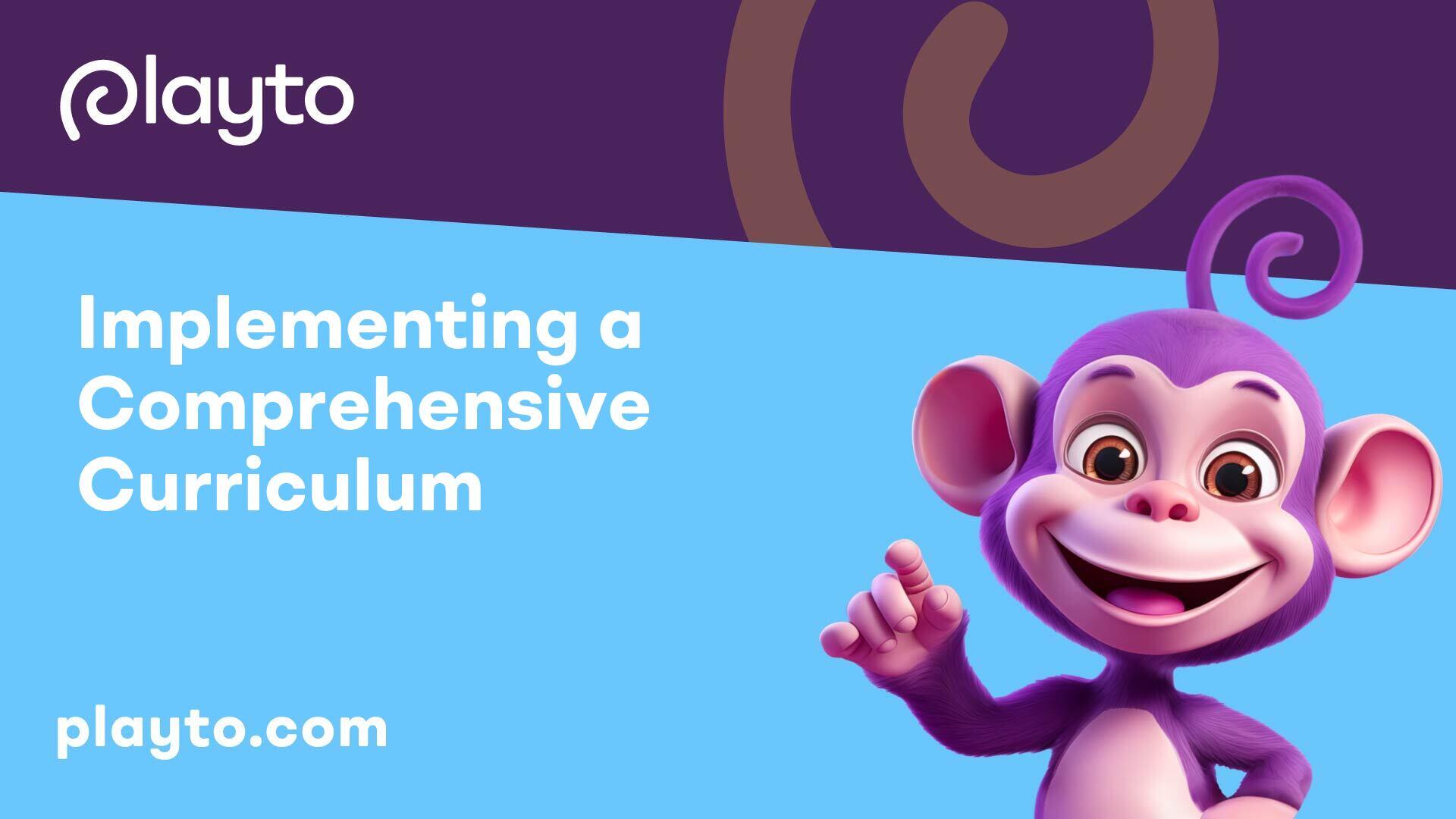
Implementing a Comprehensive Curriculum
In a daycare setting, the implementation of a comprehensive curriculum plays a vital role in shaping a child's early education and development. This section focuses on understanding the four developmental domains covered in the curriculum and the importance of assessment and monitoring for children's progress.
Four Developmental Domains
A well-rounded daycare curriculum should encompass lessons and activities that cater to all four developmental domains: physical, cognitive, social, and emotional development [2]. These domains are interconnected and contribute to fostering a holistic approach to child growth and learning.
Developmental Domain
- Physical Development: Growth in motor skills, coordination, and overall physical abilities.
- Cognitive Development: Enhancements in thinking, problem-solving, and understanding.
- Social Development: Building relationships and improving interaction with others.
- Emotional Development: Understanding and expressing emotions effectively.
By addressing each of these domains, daycare programs provide children with a balanced foundation for healthy habits, intellectual stimulation, social skills, and emotional well-being. These aspects are essential for a child's overall development and future success.
Assessment and Monitoring
Incorporating assessments as part of the daycare curriculum is fundamental in effectively monitoring a child's growth and development [2]. Regular evaluations enable educators to track each child's progress and address any areas that may require additional support or enrichment. Monitoring assessments help teachers tailor their teaching strategies, curriculum content, and interventions to meet the individual needs of each child.
Assessment and monitoring in a daycare setting involve observing children's interactions, engagement in activities, and progression in skills. By collecting and analyzing data from assessments, educators can make informed decisions to support children's continued growth and ensure they are reaching learning milestones appropriate to their age and development.
A robust assessment and monitoring system in daycare not only benefits the children but also aids teachers in refining their instructional techniques, adapting the curriculum, and fostering a positive learning environment that nurtures every child's potential. By continuously evaluating and monitoring children's progress, daycare staff can offer personalized support and guidance to enhance the overall educational experience for each child.
Choosing a daycare program that emphasizes these developmental domains and implements thorough assessment and monitoring practices sets the stage for a child's academic readiness, social adaptability, and emotional well-being. It ensures that children receive the necessary support and guidance to thrive in their early years and beyond.

Choosing the Right Curriculum
Selecting an appropriate curriculum is a crucial decision for daycare providers and early childhood educators, as it sets the foundation for a child's learning journey. When considering preschool preparation in daycare, two key aspects to focus on are curriculum philosophies and the importance of flexibility.
Curriculum Philosophies
Childcare educators can opt for various types of curriculum for daycare centers, such as Montessori, Reggio Emilia, or Waldorf-inspired programs. These curriculum philosophies shape the educational approach taken in the daycare setting and influence how children engage with learning experiences. Incorporating a curriculum that aligns with established educational philosophies can help provide a structured framework for teaching and learning [3].
Emergent curriculum is another favored approach known for being child-centered and flexible. This approach focuses on designing learning experiences based on children's interests and needs, promoting relevant and engaging educational outcomes. By tailoring the curriculum to the children's interests, educators can create a more personalized learning experience that resonates with each child's individuality [3].
Importance of Flexibility
Flexibility is a hallmark of a high-quality childcare curriculum as it allows educators to adapt to children's progress and interests effectively. Responsive teachers can adjust lesson plans and activities to align with children's evolving interests, ensuring that learning remains engaging and relevant. The ability to pivot instructional strategies based on real-time feedback from the children enhances educational outcomes and promotes a dynamic learning environment.
Incorporating assessments as part of the daycare curriculum is essential for monitoring a child's growth and development accurately. Regular evaluations enable educators to track each child's progress, identify areas for improvement, and tailor interventions accordingly. These assessments help ensure that children are continuously progressing and flourishing within the daycare setting.
When selecting a curriculum for daycare, it's imperative to consider state early learning standards. These standards establish developmental expectations for children from birth to five years of age, outlining key milestones in knowledge, skills, and behavioral development. Aligning the curriculum with state standards ensures that children receive a comprehensive and age-appropriate educational experience that prepares them for future academic success [4].
By prioritizing curriculum philosophies that resonate with the educational goals of the daycare and embracing flexibility to adapt to children's evolving needs, daycare providers can create a dynamic and engaging learning environment that supports children's holistic development and readiness for future educational pursuits.
Benefits of Quality Daycare Programs
When considering the advantages of quality daycare programs, the focus is often on the significant impact they have on children's academic readiness and their long-term educational outcomes.
Academic Readiness
Quality daycare programs play a crucial role in preparing children for academic success. Research, such as a 2016 study highlighted by The Sunshine House, demonstrates that children enrolled in high-quality formal childcare programs exhibit stronger reading and math skills by the age of 5 compared to those in informal, home-based daycare settings.
In a daycare environment that prioritizes structured educational activities, interactive learning experiences, and exposure to language and literacy, children are better equipped to develop the foundational skills needed for school readiness. By engaging in activities that stimulate cognitive development, such as storytelling, counting games, and creative arts, children in quality daycare programs benefit from a head start in their academic journey.
Long-Term Educational Impact
The long-term educational impact of quality daycare programs extends far beyond preschool years. Children who have access to high-quality early childhood education programs are not only more likely to graduate from college but also to remain employed and earn higher incomes later in life.
According to The Sunshine House, children enrolled in quality daycare programs have an 80% increased chance of attending college and tend to earn 33% higher salaries compared to those who did not have the same early education opportunities. This emphasizes the enduring benefits of investing in education during the crucial early years when a child's brain is rapidly developing and forming essential neural connections.
By providing a strong educational foundation and fostering a love for learning from an early age, quality daycare programs significantly enhance children's educational outcomes, setting them on a path towards academic success and lifelong achievements.
Social and Emotional Development
When children attend daycare, they are presented with valuable opportunities for peer interaction, which plays a crucial role in their social and emotional development. Interacting with peers in a daycare setting helps children learn essential social skills such as sharing, communication, and cooperation in a group environment. These skills are fundamental for establishing strong interpersonal relationships that can benefit them throughout their lives.
Peer Interaction
Peer interaction in daycare settings allows children to engage with others their age, fostering skills that are essential for forming friendships and understanding social dynamics. Through play and shared activities, children learn to navigate social situations, develop empathy, and build confidence in their interactions with others. Encouraging positive peer relationships in daycare can contribute to a child's overall well-being and emotional development.
Encouraging children to engage in group activities, share toys, and communicate their needs helps them understand the importance of cooperation and collaboration. By providing a supportive environment that promotes positive peer interactions, daycare programs lay the groundwork for healthy social development in children.
Emotional Well-Being
A nurturing daycare environment has a significant impact on a child's emotional well-being, helping them establish trust and a sense of security. Emotional stability developed during the early years can influence a child's ability to manage stress, regulate emotions, and build healthy relationships in the future. Daycare settings play a vital role in supporting children's emotional growth and providing a safe space for them to express their feelings.
By fostering a sense of attachment and belonging, daycare settings contribute to children's emotional resilience and self-confidence. Encouraging open communication, teaching coping strategies, and providing a supportive network of caregivers help children navigate their emotions and develop the skills needed for healthy emotional expression.
Incorporating activities that promote emotional intelligence, such as identifying and managing emotions, practicing empathy, and building self-awareness, can enhance children's emotional well-being and nurture their social development. Daycare programs that prioritize the emotional needs of children create a positive and inclusive environment where each child feels valued and supported.
In conclusion, social and emotional development in daycare settings is a vital component of early childhood education. By fostering positive peer interactions and supporting emotional well-being, daycare programs play a crucial role in preparing children for future social relationships and helping them build a strong foundation for their overall development.
Transitioning and Adjustment
Navigating transitions in a daycare setting is a pivotal aspect of ensuring a smooth adjustment for children. The transition process can be challenging for both children and caregivers due to various factors, such as children's engagement in activities, interruptions, confusion, or the absence of structured routines. These challenges can lead to frustrated outbursts and increased anxiety among children, particularly at the beginning of the year when routines have not been established.
Handling Daycare Transitions
When it comes to handling daycare transitions, incorporating strategies that cater to individual needs and preferences can significantly impact a child's transition experience. Pairing children during transitions, either with a partner or in pairs, can provide a sense of support and encouragement, fostering a positive transition experience. Partner activities or assigning another child to assist those struggling with transitions can create a supportive environment that eases the transition process.
A welcoming and nurturing environment within the daycare plays a crucial role in facilitating successful transitions for children moving to new classrooms. Establishing an atmosphere where children feel comfortable, safe, and embraced fosters a sense of belonging and acceptance, aiding in their adjustment to a new classroom and fostering positive associations with their daycare experience [6].
Supporting Smooth Transitions
Preschool-aged children may exhibit behaviors like baby talk or clinginess when transitioning to a new environment in daycare. Providing familiarity, predictability, and routine can offer comfort and reassurance to preschoolers during this period of change. Establishing a predictable routine and offering a sense of security can help alleviate separation anxiety and promote a sense of stability for toddlers adjusting to a new daycare environment.
To support toddlers in adapting to a new daycare environment, it is essential for parents and caregivers to remain calm, supportive, and reliable. Offering reassurance, consistency, and a structured routine can play a vital role in easing toddlers' separation anxiety and helping them navigate the transition process with confidence and security.
By implementing thoughtful strategies and creating a supportive environment, daycare providers can help children transition smoothly, fostering a positive experience that promotes emotional well-being and a sense of security during times of change.
References
[1]: https://childcaretrainingprofessionals.com/
[2]: https://mybrightwheel.com/blog/5-criteria-for-choosing-a-childcare-curriculum
[3]: https://www.procaresoftware.com/blog/nine-steps-to-create-the-best-daycare-curriculum/
[4]: https://www.allseasonspreschool.net/blog/care-or-education
[5]: https://www.playto.com/blog/handling-daycare-transitions-moving-to-new-classrooms
